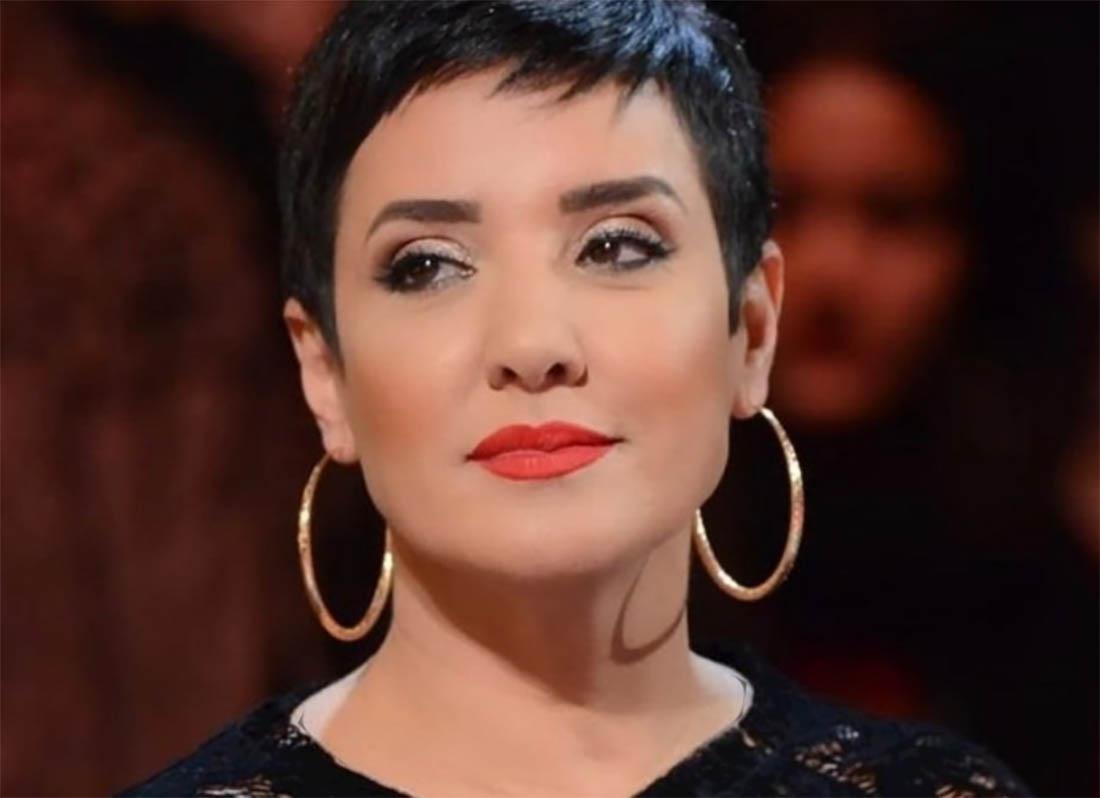
Dahmani’s imprisonment last year sparked protests in Tunisia and drew criticism from international rights groups. She was convicted for comments made on television regarding Tunisia’s policy toward undocumented African migrants, which the court deemed insulting to the country and spreading false information.
As she left Manouba prison, Dahmani was met by family members and activists chanting against government repression. “I hope this is the end of the nightmare for me and all the other prisoners,” she said.
Her lawyer, Sami Ben Ghazi, explained that the justice minister approved her release under a system allowing inmates to apply after serving half their sentences. The Journalists’ Syndicate welcomed her release and called for the freedom of other detained journalists.
Dahmani’s case is part of a broader crackdown on dissent since President Kais Saied assumed control in 2021, dissolving parliament and ruling by decree. Saied denies accusations of repression, insisting his measures are legal and aimed at combating corruption and restoring order. Human rights groups argue, however, that his actions have turned Tunisia into a state where political opponents are targeted through the judiciary and police.
